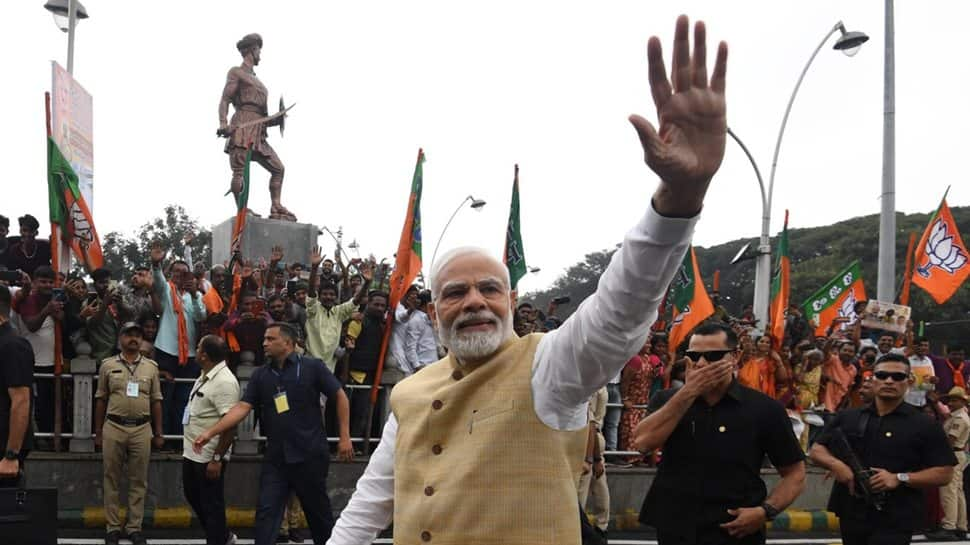 |
|
The announcement of the 8th Pay Commission by Prime Minister Narendra Modi, just ahead of potential Delhi elections, has sparked considerable political analysis. The timing of the announcement, coupled with the substantial impact on a significant number of government employees, particularly in Delhi, raises questions about its potential influence on voter sentiment. The revision of salaries for nearly 50 lakh central government employees and allowances for 65 lakh pensioners is a considerable undertaking, affecting a substantial portion of the Indian population. The government’s claim that sufficient time exists before the 7th Pay Commission's expiration in 2026 to implement the changes suggests a well-planned strategy, and the stated aim of improving the quality of life for government employees is a seemingly benevolent policy goal. However, the proximity to elections makes it difficult to separate the policy’s merits from its potential political implications.
The impact on Delhi is particularly noteworthy. Approximately 4 lakh employees in Delhi, including defence and Delhi government employees, stand to directly benefit from the 8th Pay Commission's recommendations. This demographic represents a substantial voting bloc, and their improved financial standing could significantly influence their voting preferences. Past precedents suggest that state governments often follow the central government's lead on salary increases for state employees, meaning the ripple effect could be even more widespread in Delhi. While increases in the salaries of government employees have previously been accompanied by increased consumption and economic growth, as noted by Prime Minister Modi, this economic boost might be interpreted by some as a calculated move to garner political support. The significant increase in expenditure during the 7th Pay Commission's implementation (Rs 1 lakh crore for fiscal 2016-17) serves as a reminder of the financial implications of such large-scale adjustments.
The establishment of pay commissions every ten years is a standard practice within the central government to regularly review and adjust remuneration based on factors like inflation. The process includes considerations beyond basic salary, encompassing dearness allowance and dearness relief to compensate employees and pensioners for the rising cost of living. While the timing of the announcement might be perceived by some as politically motivated, the need for regular salary revisions is indisputable. However, the perceived fairness of the timing is likely to be debated, particularly considering the proximity to elections. The potential benefits to the economy are undeniably positive, but the question remains whether this positive economic impact overshadows the potential political interpretations of the move. The substantial financial implications necessitate a thorough examination of the long-term fiscal implications of this decision, including the potential impact on the budget and potential trade-offs with other crucial government programs.
In conclusion, the 8th Pay Commission's announcement presents a complex interplay of policy, economics, and politics. While the initiative carries demonstrable benefits for government employees and the broader economy, the timing and scale of the initiative raise questions about its underlying political motivations. The potential impact on the upcoming Delhi elections remains a crucial area for further analysis, with the increased financial resources available to a significant portion of the electorate likely to play a significant role in shaping the political landscape. The debate around the balance between genuine policy improvements and strategic political maneuvers will likely continue until the actual impact on voter behavior can be measured after the elections. A rigorous independent analysis of the financial impact on the national and Delhi economies will be crucial to assessing the long-term viability and success of the initiative.
Source: Modi's Poll Gambit? 8th Pay Commission And Its Impact On Delhi Voters
